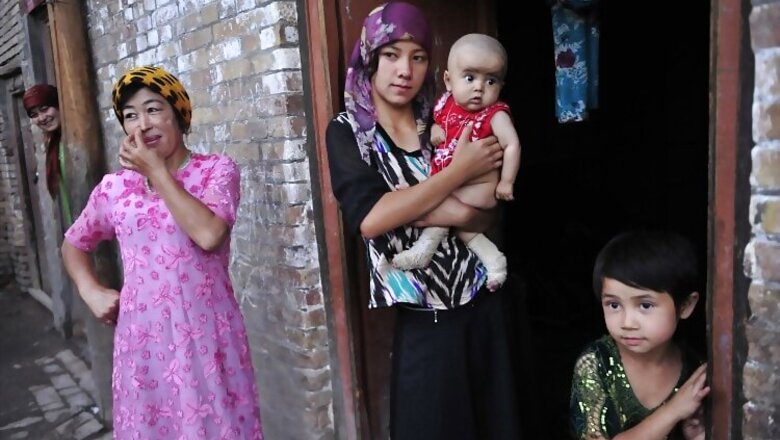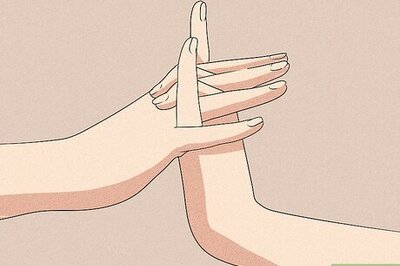
views
Uighurs in Xinjiang, who number around 10 million, say they face cultural and religious restrictions.
Bangkok: Thailand today said it had deported around 100 Uighur Muslims detained in the kingdom since last year to China, in a move sparking fears for the safety of the asylum-seekers.
The fate of scores of suspected Uighurs a Turkic-speaking, largely Muslim minority in China's northwestern Xinjiang region who have long chafed under Chinese control --as hung in the balance since they illegally entered the kingdom in March 2014.
The asylum-seekers, who presented themselves to police as Turkish, had been held in detention as Thai authorities determined their nationalities amid a tussle between Turkey and China over where they should be moved.
Today, Thai government spokesman Werachon Sukhondapati told reporters that "some 100" Uighurs were deported to China on Wednesday after finding "clear evidence they are chinese ".
He also revealed that an earlier group of around "170 Uighurs" were repatriated to Turkey in late June the first public announcement by Thai authorities of both deportations.
The legal wrangle between Turkey and China over the group came to the fore in March when both countries sought the repatriation of a family of 17 that claimed they were Turkish.
Worasit Piriyawiboon, a human rights lawyer that was representing the Teklimakan family, said that 15 had been deported to Turkey in June. He did not know the fate of the other two members.
Uighurs in Xinjiang, who number around 10 million, say they face cultural and religious restrictions.
China has recently launched a wide-ranging crackdown in the region in the face of rising violence which authorities blame on Islamist separatists.
Under pressure from Beijing, countries including Cambodia, Malaysia and Pakistan have all in recent years forcibly returned fleeing Uighurs to China.
In Bangkok on Thursday, Werachon said that Thailand had expressed its concerns over the safety of the group to China. "China agreed to take care of their safety and will now put them through the judicial process. It has reassured Thailand about its humanitarian principles," he said.
But rights groups lambasted the move by Thailand's generals, who have ruled the country since seizing power in a coup last May, as a "violation of international law".



















Comments
0 comment